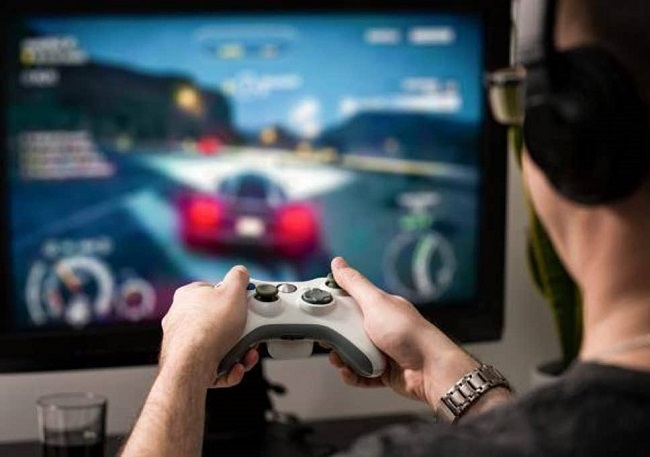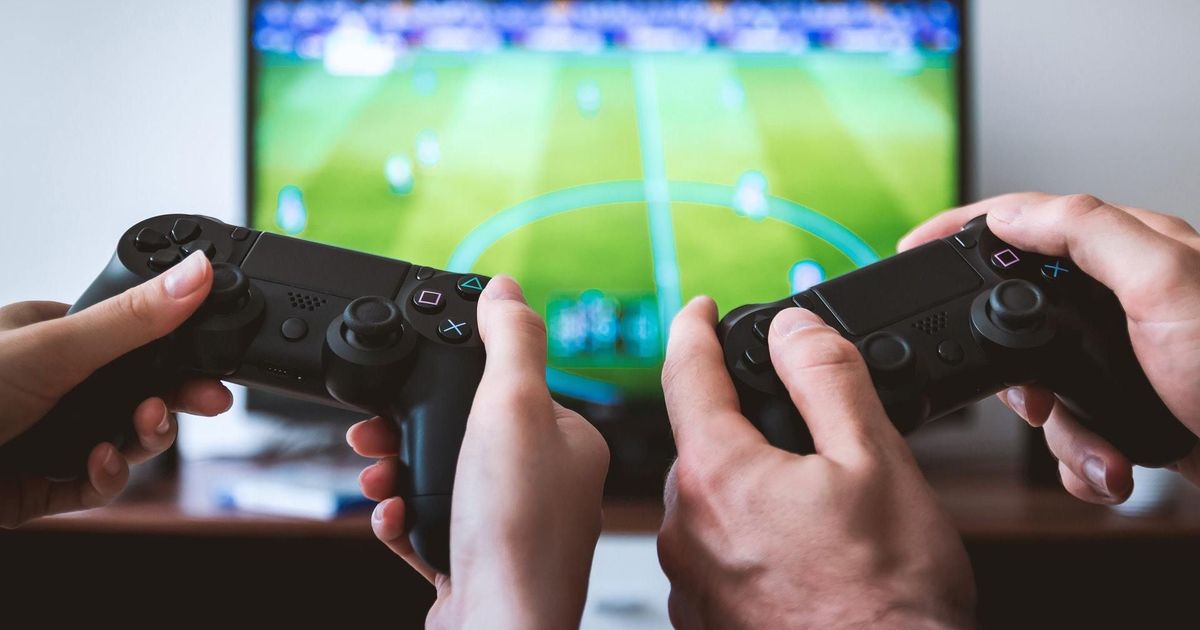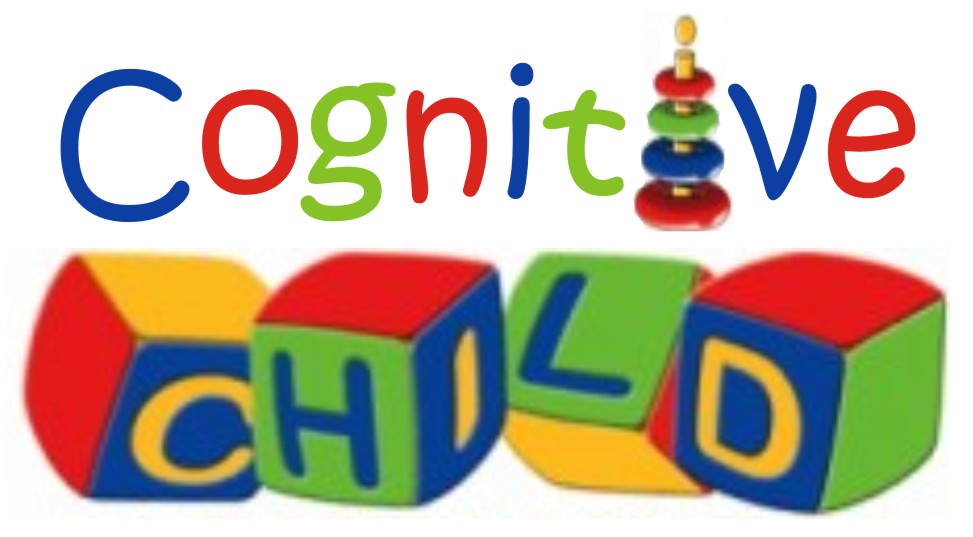 English
English

Playing video games has multiple benefits! Research has shown that experience of playing video games can improve cognitive development such as greater sensitivity to contrasts, better eye-to-hand coordination and superior memory.

Washington D.C: Playing video games has multiple benefits! Research has shown that experience of playing video games can improve cognitive development such as greater sensitivity to contrasts, better eye-to-hand coordination and superior memory.
Action real-time strategy video games such as Age of Empires, World of Warcraft, and Total War are played by millions. These games, which can be won through strategic planning, selective attention, sensorimotor skills, and teamwork place considerable demands on the brain.
The study finds that expert players of real-time strategy games have faster information processing, allocate more cognitive power to individual visual stimuli, and allocate limited cognitive resources between successive stimuli more effectively through time.

These findings in Frontiers in Human Neuroscience suggest that playing such games can cause long-term changes in the brain and lead to an improvement in temporal visual selective attention.
Also Read: Study questions if violent video games lead to acts of violence
"Our aim was to evaluate the long-term effect of experience with action real-time strategy games on temporal visual selective attention," said author Dr Diankun Gong, Associate Professor in the Ministry of Education Key Laboratory for Neuroinformation at the University of Electronic Science and Technology of China."In particular, we wanted to reveal the time course of cognitive processes during the attentional blink task, a typical task used by neuroscientists to study visual selective attention," Gong added.
To study the effect of gaming on temporal visual selective attention, Gong and colleagues selected 38 volunteers, healthy young male students from the University of Electronic Science and Technology.

Half of the volunteers were expert players of the typical action real-time strategy game League of Legend. The others were beginners, with less than six months' experience of the same game.All volunteers were seated in front of a screen and tested in a blink task (the tendency of focused observers to "blink" - that is, to fail to properly register - a visual stimulus if it appears so quickly after a previous stimulus that cognitive processing of the first hasn't finished).
The greater a volunteer's tendency to "blink" targets, the less frequently he would press the correct button when one of the two targets appeared on the screen, and the worse he did overall in the task.
"We found that expert League of Legend players outperformed beginners in the task. The experts were less prone to the blink effect, detecting targets more accurately and faster, and as shown by their stronger P3b, gave more attentional cognitive resources to each target," said co-author Dr Weiyi Ma, Assistant Professor in Human Development and Family Sciences at the University of Arkansas, USA.
Also Read: More than half of 11-year-olds have smartphones
"Our results suggest that long-term experience of action real-time strategy games leads to improvements in temporal visual selective attention: the expert gamers had become more effective in distributing limited cognitive resources between successive visual targets," said author Dr Tiejun Liu."We conclude that such games can be a powerful tool for cognitive training," Liu added. (ANI)